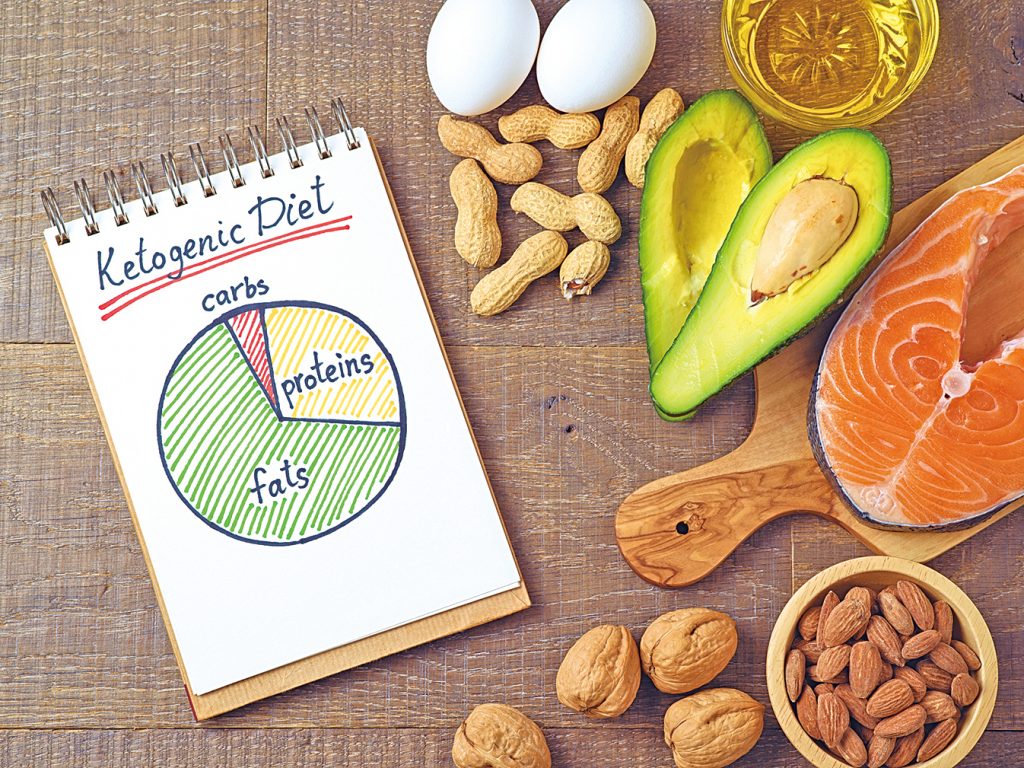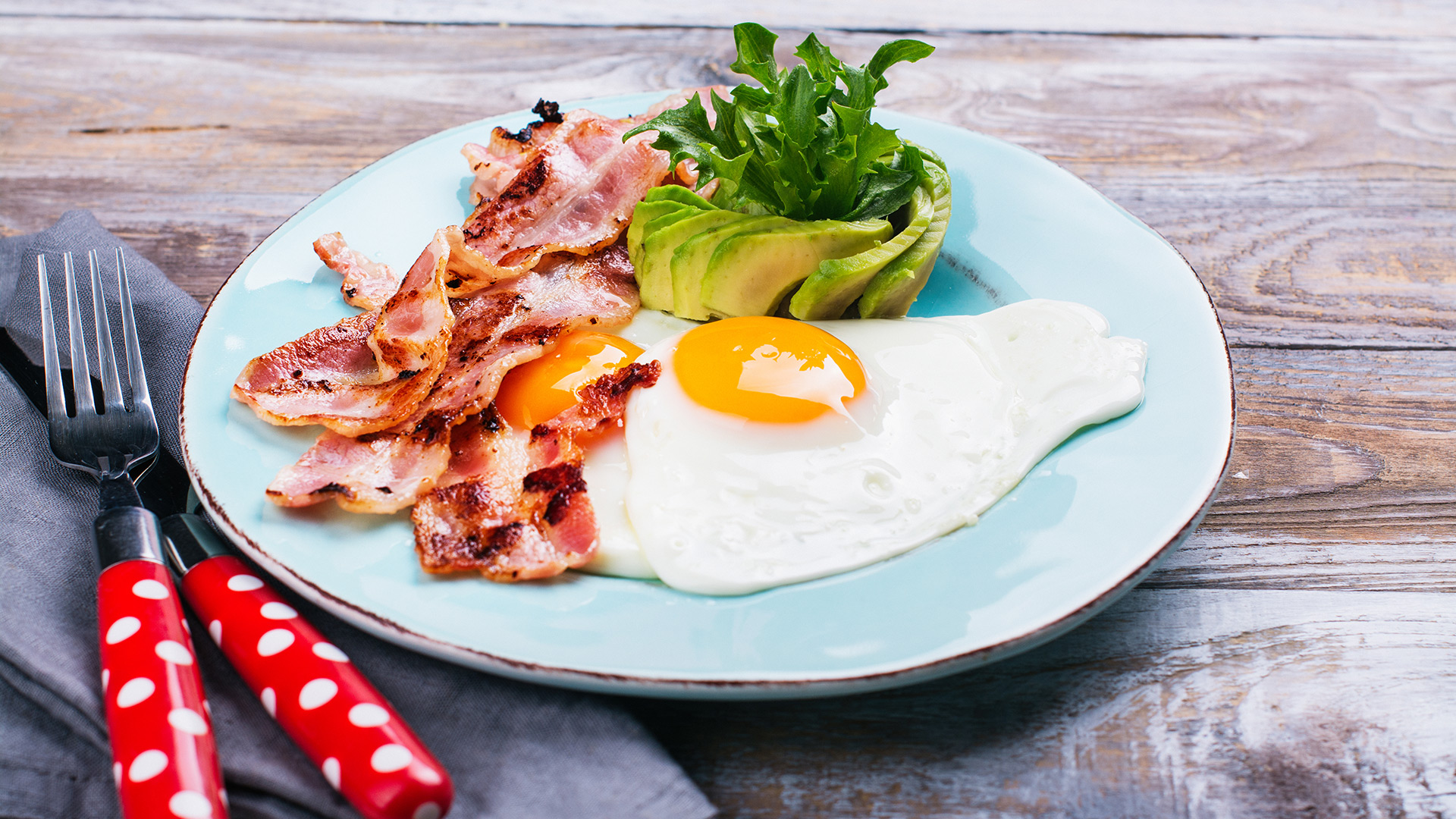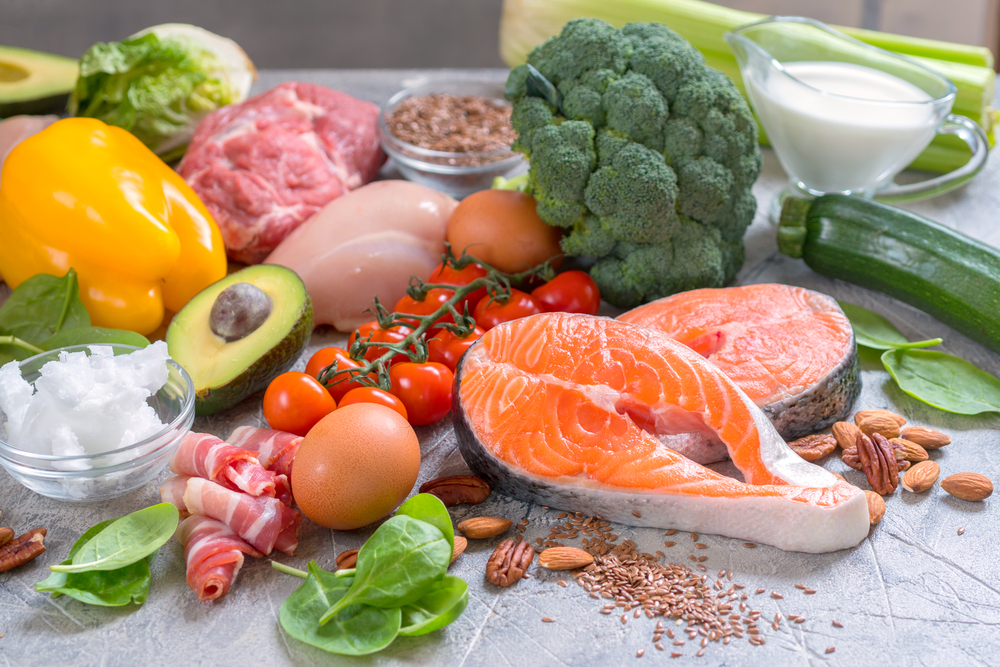A ketogenic diet is the one you reduce your carbohydrate intake while increasing the consumption of foods that are high in fats. As extreme as it might sound, this diet has proven to help keep the body lean and trim, while keeping you healthy. When you increase the level of fat intake, you assist your body in burning more fat rather than the burn of glucose and it is for this reason that you are able to lose the excess fat stored in the body.
Some of the benefits of ketogenic diet, when followed correctly, include:
Weight loss: The type of fat consumed while on keto diet matters in order to help burn your fats much faster.
Helps to treat seizures and Alzheimer’s: The keto diet is known to contain about 75% content of fats that are considered healthy. In turn, this helps keep the brain well-nourished. The treatments involved in Alzheimer’s mostly focus on the strengthening of the brain’s nerve system. Additionally, this diet has been used to help in treating epilepsy patients.
Type 2 diabetes: The high-level fat consumption is actually recommended to people that are suffering from type 2 diabetes. This helps in maintaining reduced sugar levels. For those that require insulin dosages, it is better to consult the doctor before taking up the keto diet.
Some people go into keto diet and they immediately love it and it works for them. Others do not see the results in the way they wanted and end up giving up on these diet routine. Therefore, what are some of the oversights to pay keen attention while on the keto diet?
Not Consuming the Right Kind of Fats
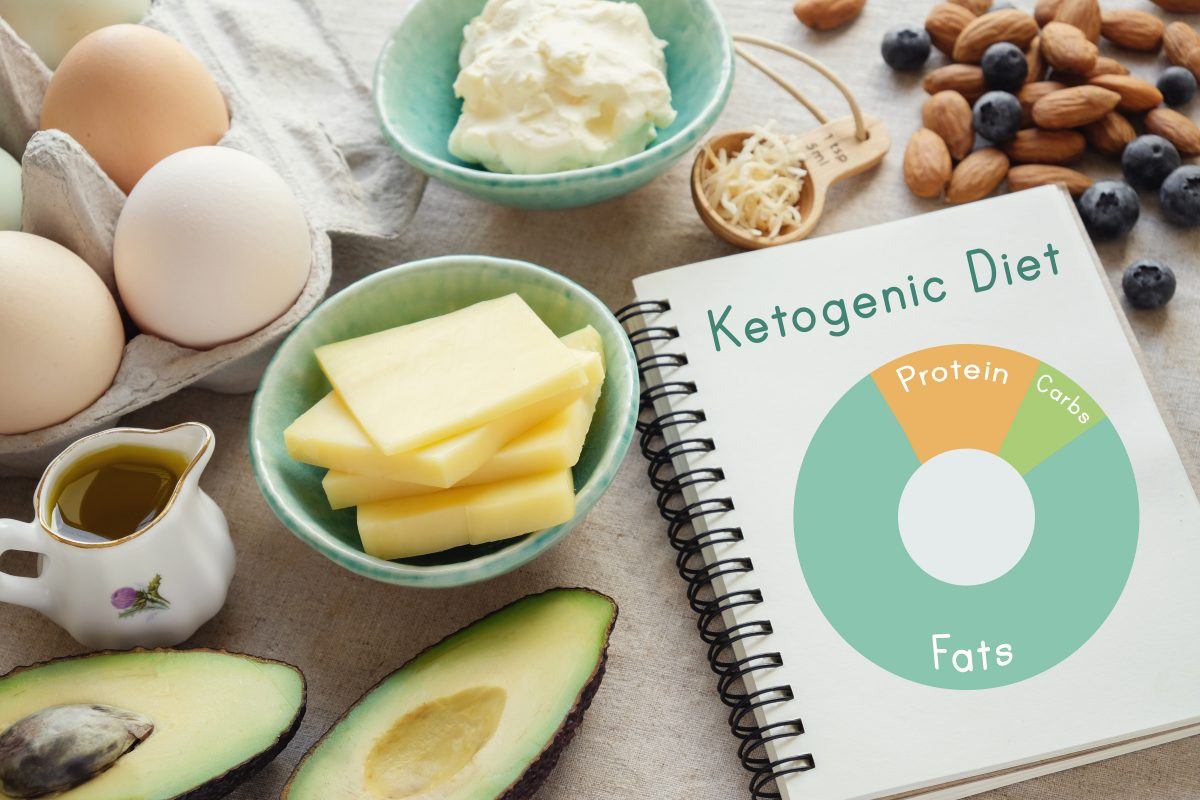
It is essential to consume meals with high fatty acids in order to ensure that the diet works right in burning fat much faster. Some of the recommended foods are:
- Seafood
- Butter and ghee
- Nuts such as walnuts, macadamia nuts, almonds, pumpkin seeds, flax seeds
- Mono saturated fats like avocados and olive oil
- Non-starchy vegetables such as broccoli, kale, and spinach
- Fruits
- Spices
- Beverages such as tea and black coffee
- Pork and fish
- Grass-fed meat
- Saturated fats
- Mushroom
You need to find a balance on the consumption of the foods above in order to make the keto diet work for you.
Not Drinking Enough Water

Keeping your water intake high is vital, while on ketogenic diet in order to maintain a balance of electrolytes. Electrolytes play a major role in helping regulate the pH levels, keeping you well hydrated, contraction of muscles, and nerve impulses.
Some people lose considerable weight even after a month into keto. When on a low-carb diet, the glycogen in the muscles reduces. This glycogen aids in water retention and when too much of it is lost, then dehydration and constipation may very well-set in. Drinking plenty of water helps to curb this effect.
Having too Much Protein
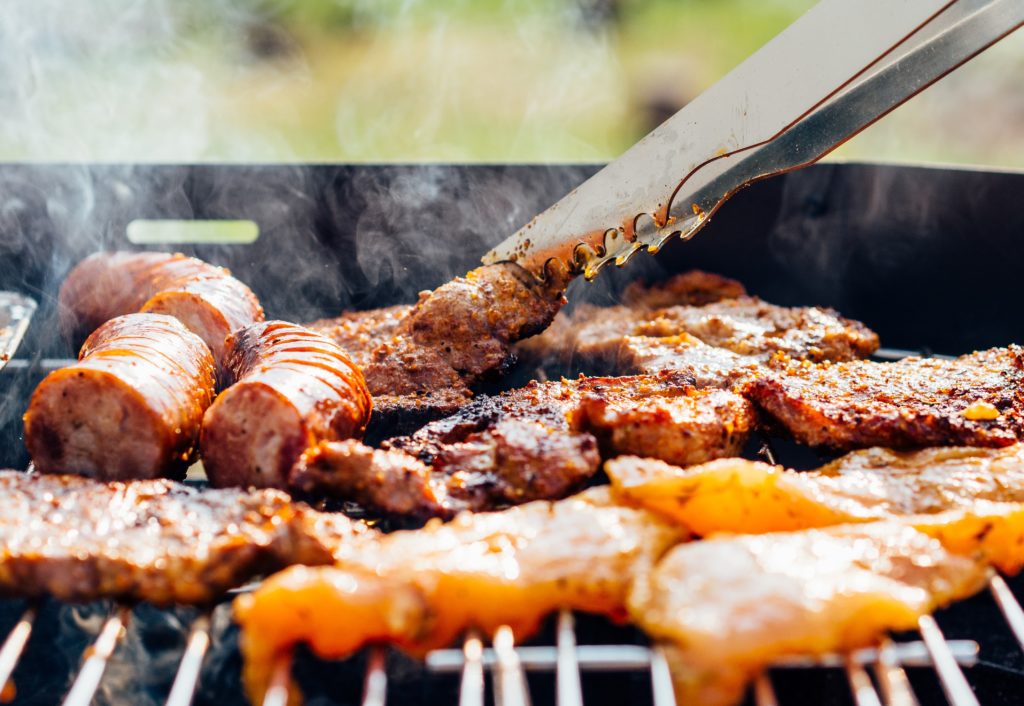
Consumption of too much protein is harmful to the body. Excessive protein is converted to glucose. This risks your body attaining high levels of sugar in your blood. In this case, you end up reversing the effects of keto.
You should always keep a lookout for the portions of meal you have and ensure that it is well balanced to make the diet effective.
Forgetting to Exercise

Some people fully embrace the keto diet with the sole idea that it is the only thing they need to keep their body trim and fit. This is a common misconception. Combining keto with regular workouts is indeed an added advantage as you get to burn more calories and build muscle.
The Comparison Habits
It is crucial to always remember that diets work diversely for everyone. While it may take you a shorter period of time to achieve your end results, it may take others much longer to attain the same results using the same diet.
Depending on various factors, which relate to how each individual’s body is made up, you need to concentrate your forces on you. Trust yourself, trust the process, be patient and see how the keto diet will transform you.
No Vegetables

One can easily forget to include veggies in food, especially while on a low-carb keto diet. Vegetables offer important nutrients for the body as well.
Research
Before embarking on keto, make sure that you are well informed about what it entails. Take time to read about the diet and also have conversations with people who are or have been on keto. This will help prepare you effectively to be able to start a plan for your meals and snacks.
Focusing too Much on the Scale
You have been on the keto diet for two weeks and every time you measure yourself on the scale, you see no loss of weight. Panic gradually sets in and you start to feel like the diet is not working.
You need to give your body a period to adequately adjust to the new lifestyle change. It might take a bit of time depending on your body build up, but eventually, the results will show up.
Too much Saturated Fat
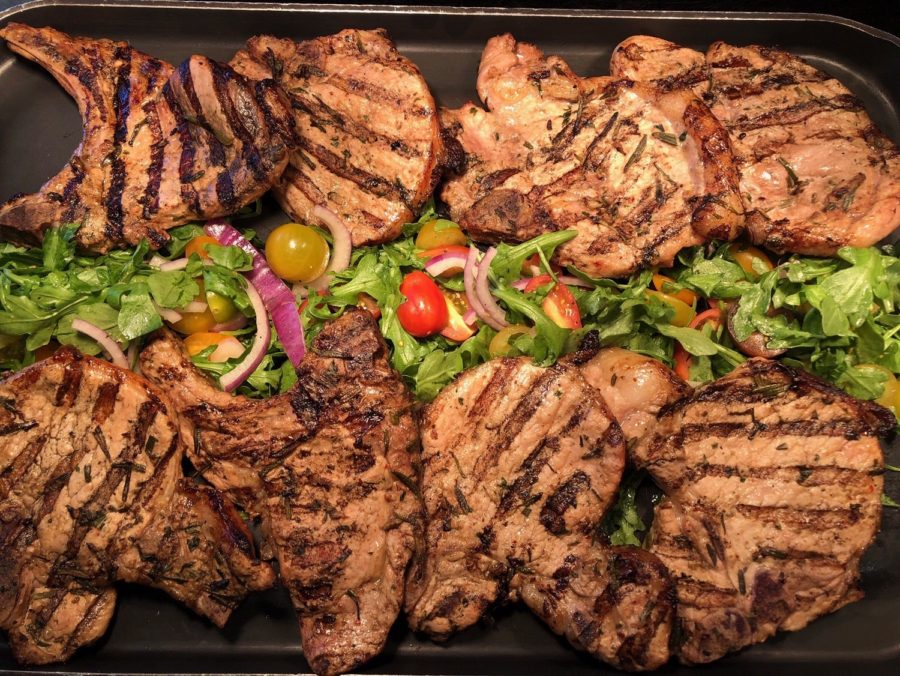
The keto diet does indeed put more emphasis on consuming foods that are high in fat. But the intake of fat such as bacon, steak, and cheese in higher quantities is not a healthy option. Having a balance is vital and furthermore, you are better off with the low-fat proteins such as fish.
Consumption of Bland Meals

Being on keto does not mean that you only need to consume flavorless and unappetizing foods. You have to spice up your meals to make them more creative and appealing and this will, in turn, help you enjoy the food much more.
Dairy Products
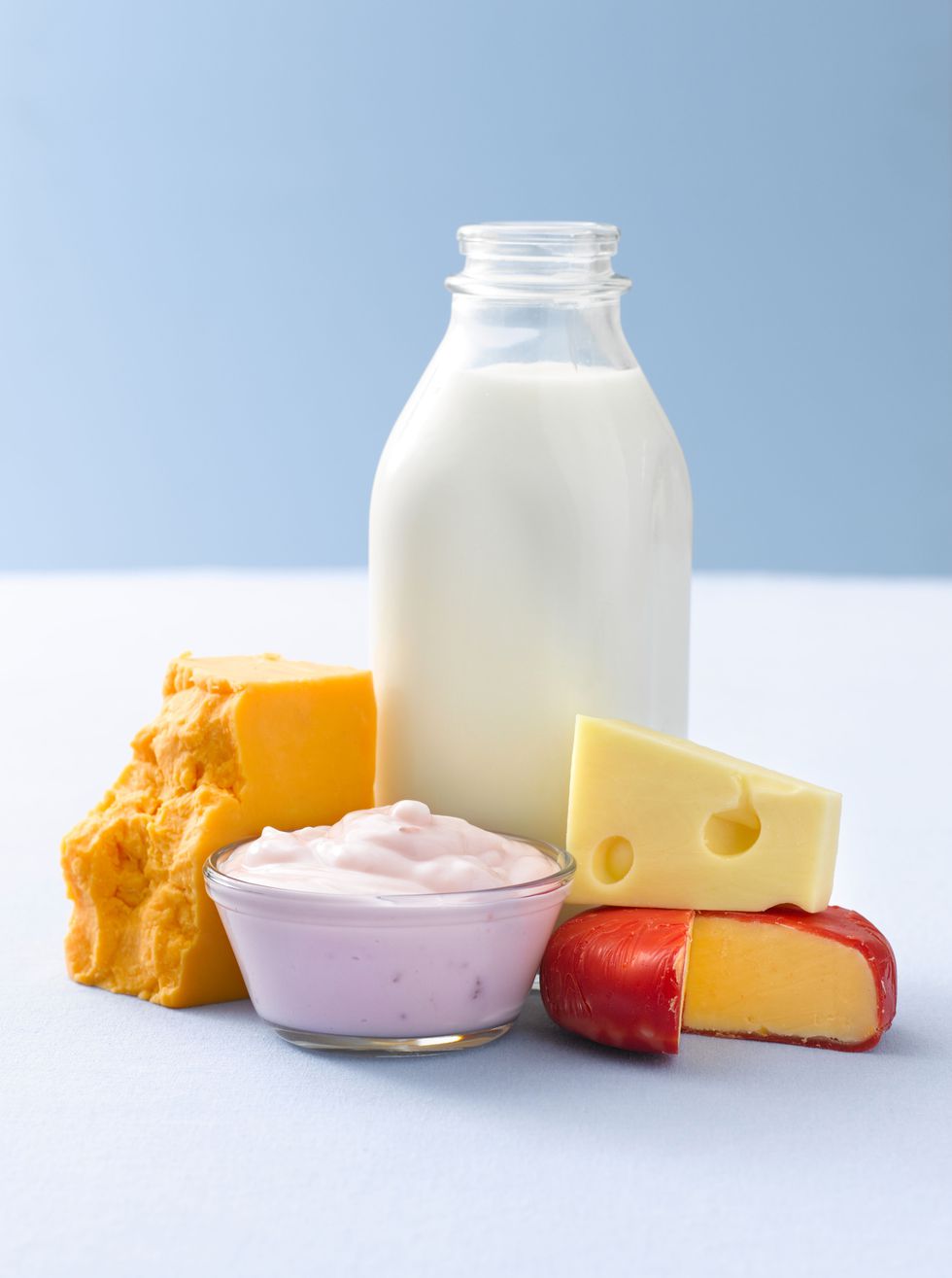
These should always be consumed in moderation. Checking on your calorie intake is requisite that is if you are trying to lose weight.
Quick Fix
Thinking of adopting the ketogenic diet to quickly help you shed off weight? Unfortunately, this will not work. Being in keto means you have to be patient. It is a lifestyle change and this means that you have to wait it out in order to see the changes. Even when you feel like you are slipping away from the diet, train yourself to have that discipline to slip right back to the diet. It will eventually work out for you.
When embarking on a keto diet, remember to plan ahead on your food ingredients. Keep it simple during the first few days or during the first week into the diet. It is imperative to keep the transition easy on your mind and body during this period. Concentrate on getting rid of cravings while gradually incorporating ketogenic meals into your diet.
After the routine sets in, make sure that you keep the consistency in taking your meals while mindful of the portions. Keep it a balanced, that way you will be keeping your body healthy and strong. Most importantly, take care not to fall into the mistakes mentioned above, while not forgetting to add physical exercises to your daily schedule. Afterwards, be patient and wait for your desired results.
